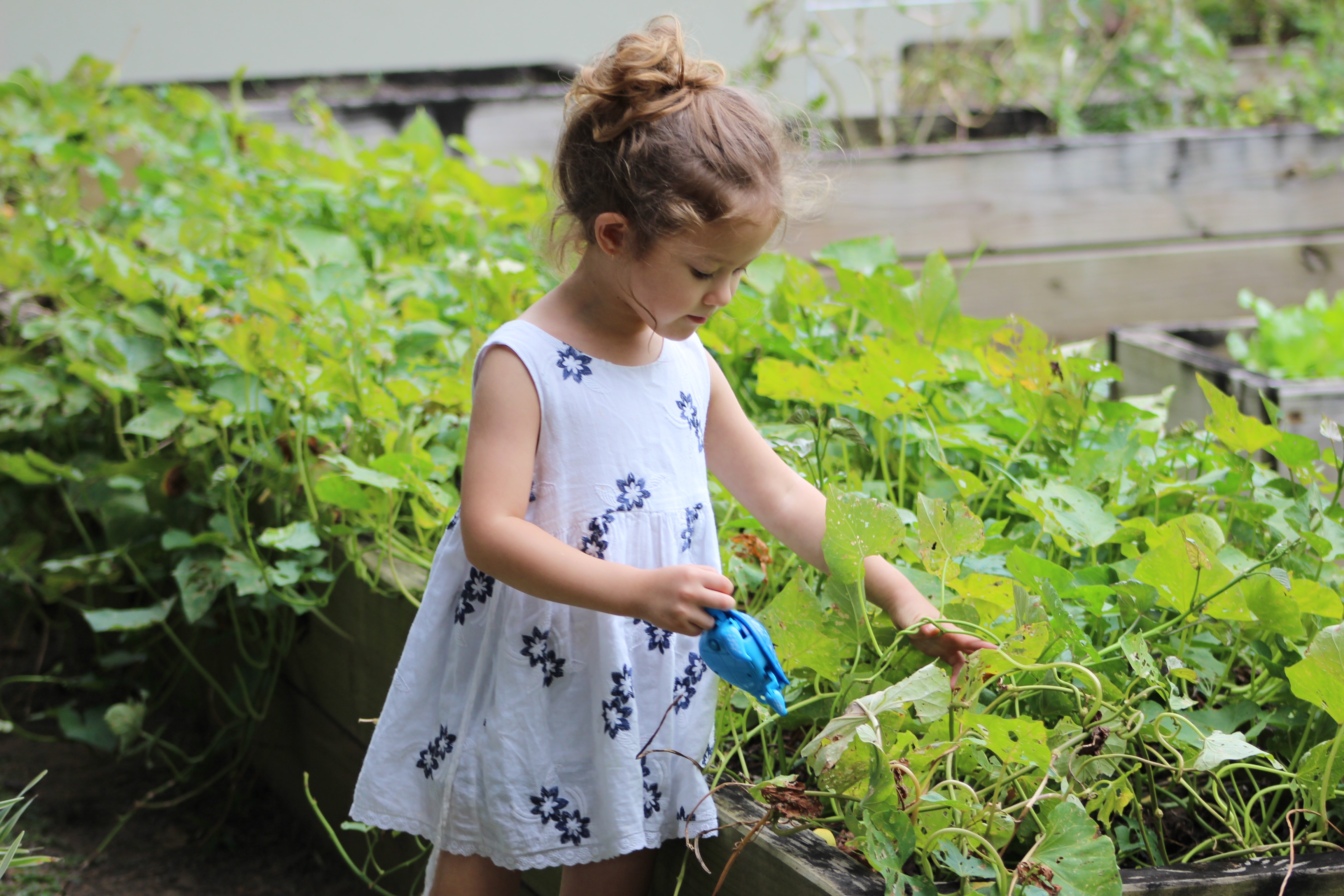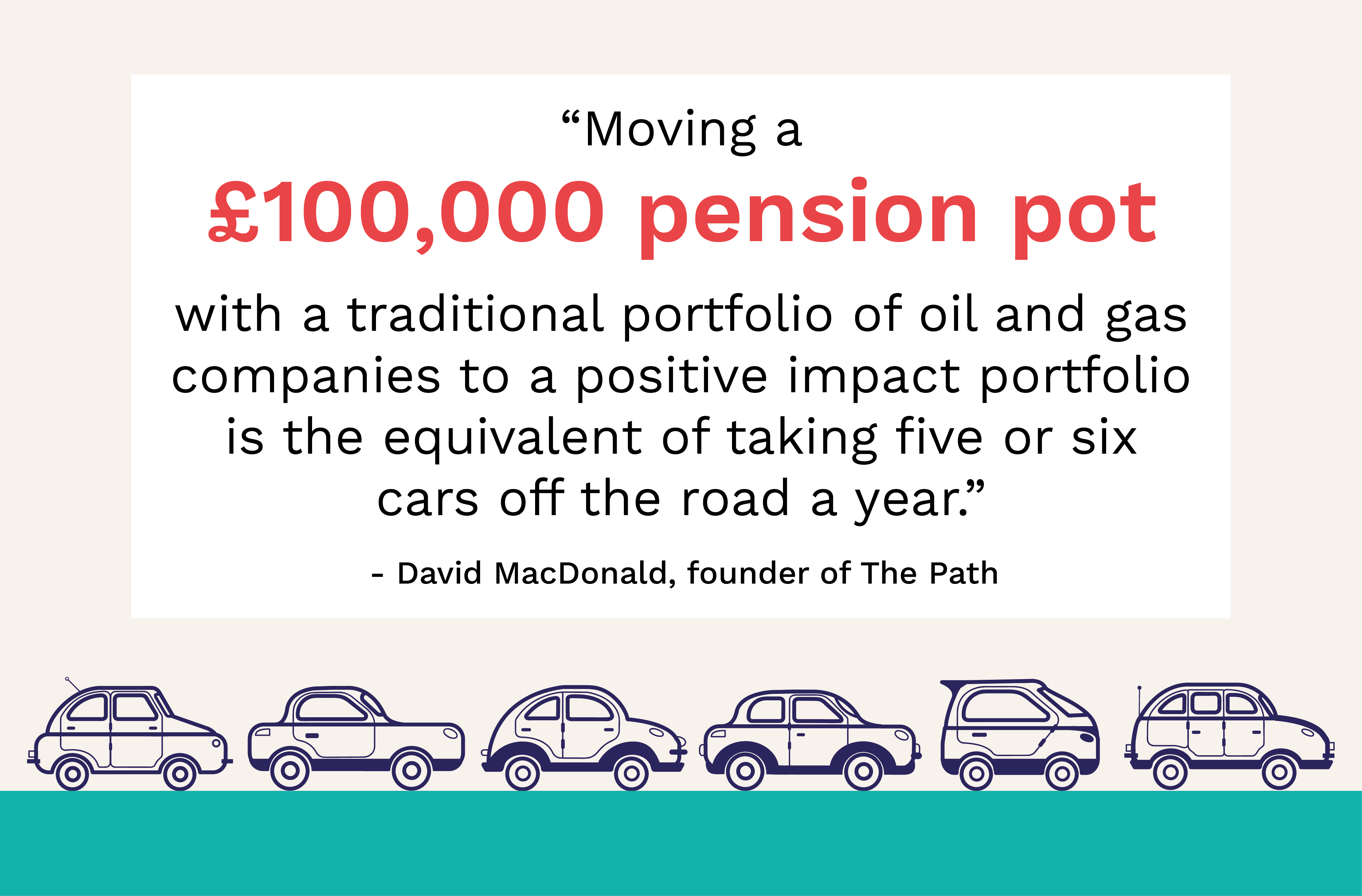A recent report by the Intergovernmental Panel on Climate Change found that ‘human influence has warmed the climate at a rate that is unprecedented in the last 2000 years’, which means that global attempts to reduce climate change need to become even more of a priority over the next few years. In today’s article, we’ll be discussing how you can help encourage sustainable living (and in the future, sustainable money) to your children.

We know that this can all sound a little bit pointless - afterall, in 2019 we found out that just 20 companies are responsible for one-third of all greenhouse gas emissions. How will using a paper straw undo that amount of damage? But the thing is, every little thing really does help.
How can household sustainability help?
- The more you incorporate sustainability into your daily life, the more likely you are to talk about these issues and inspire others to join the cause.
- The fact that companies bigger than you are causing the problem doesn’t mean you can’t be part of the solution - incorporating your values into everyday activities can be extremely motivating!
- They may still be learning how to walk, but one day, your kids will be the next economic powerhouse. By modelling good behaviour, you’re helping to raise a socially-conscious, financially confident generation.
How can I bring sustainability into my household finances?
Make your household ‘green’
Every single day, your house has the opportunity to act as a ‘sustainable investor’ by making sure that the money spent on bills and household appliances is as ‘green’ as possible. This can even save you money in the long run! For example, if you’re looking for a new energy provider, Octopus Energy offers 100% green electricity - and they have even achieved ‘B Corporation’ status (which means their positive impact is not just an empty promise).
Other changes you can make include purchasing LED lights, switching out kitchen rolls for washable rags (or even cling-film for beeswax), or if you’ve got the money (and the sunshine!), investing in solar panels. Your home grants you the opportunity to make a statement about your values - if a daily item is not sustainable, find an alternative and use your power as a consumer
Kid-friendly sustainable activities
Household changes are a great start, but they aren’t always that engaging for your kids, especially if they’re young. That’s where sustainable-focused activities come into play. Depending on how much green space you have available, why not teach your kids the importance of nature, and grow yourself some dinner in the process.
Set up a vegetable patch in your garden, and put your kids in charge of a certain section - you can also start a compost bin to help fertilise the soil. If you don’t have a garden, try and find out if there are any allotments free in your local area - the average cost in the UK is around £45/year for a 5-rod plot. And if you don’t have any luck there, you can always start smaller and help them grow some herbs along the windowsill
Tell happy stories!
For a less time-consuming activity, try incorporating sustainable stories into your bedtime routine. You can buy children’s books written about the planet, or make them up with your child. This puts across your message in another form, making them much more likely to engage and remember it later on.
Inspire the world around you
As we’ve already mentioned, sharing your values with other people can help inspire them to make similar changes in their own lives. Shop local, and volunteer when you can to help make your area a reflection of your values.
For the times when you can’t shop locally, consider the impact that your purchase might have. Ask yourself how much the item costs - and whether the low cost might mean the production is unethical. Is it wrapped in single-use plastic, or have the manufacturers switched to a recyclable form of packaging? By being mindful about where you shop, you show companies that they must embrace sustainability to stay popular.
When it comes to teaching your children, showing them examples in their local area can help them to understand the global issues you are talking about. For example, if the local park is always filled with litter, this is a visual aid to show them the impact of pollution - as well as being an opportunity to help clean the local area.
Always remember
Everyday activities are an amazing way to incorporate your values into your money management, but for a bigger difference, why not think about your pension fund? This is easier than you might think - and just look at the impact you can have...

Get started with sustainable investments (including your pension fund!) with our beginner-friendly 4-session course, How to Invest in a Sustainable Future. Led by financial and sustainability experts Jessica Robinson & Olga Miler, you don't need any prior investing knowledge to become a sustainable investor!